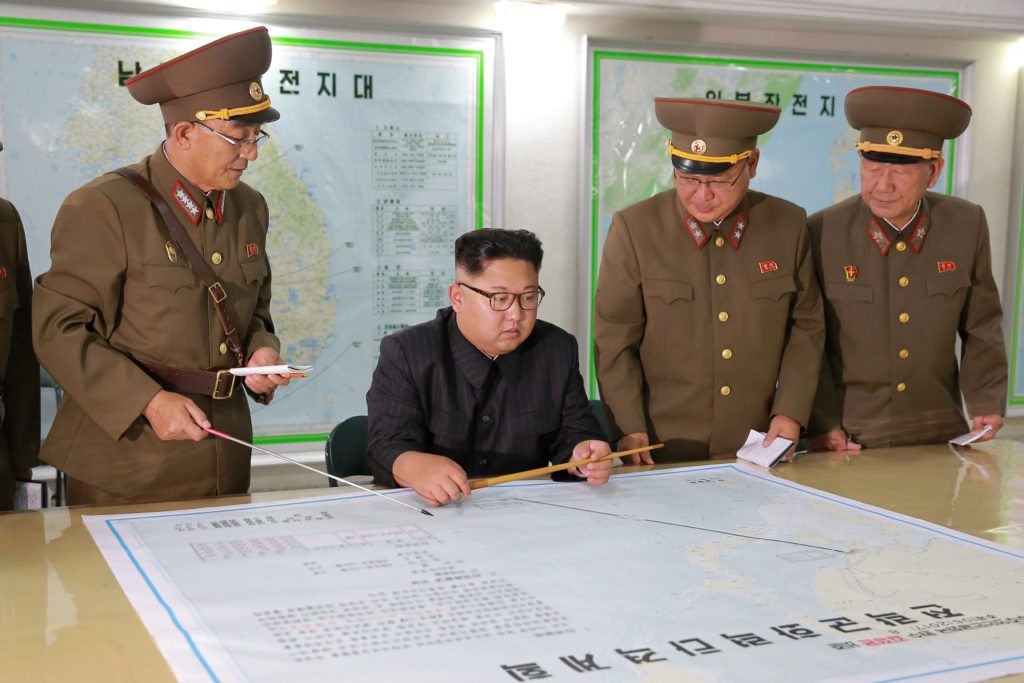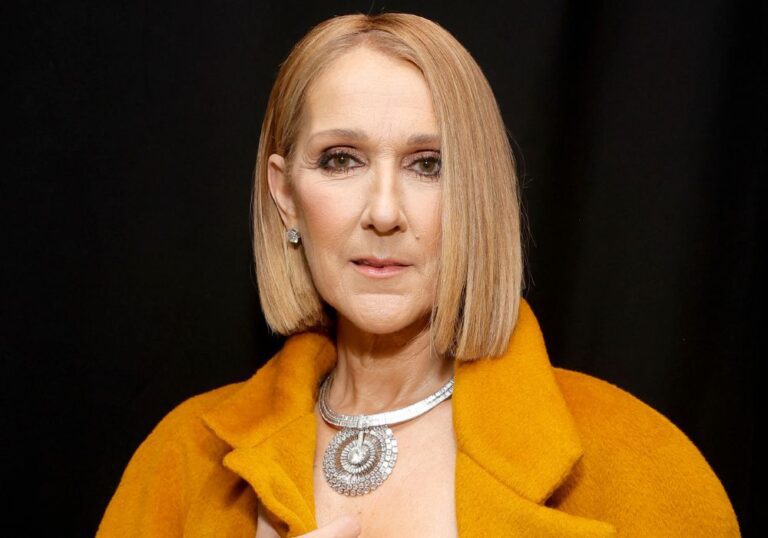Tensions have been escalating between North Korea and the United States, with leaders of both countries engaging in a war of words over the use of intercontinental ballistic missiles (ICBMs) by North Korea and the economic sanctions by the UN. Meanwhile, US President Donald Trump has warned that North Korea would be met with “fire and fury” if it continued to threaten the United States and its allies, saying that the country was “locked and loaded” in preparation for war.
In the latest development, North Korean leader Kim Jong Un has delayed a decision on firing missiles toward the US Pacific Territory Guam, while he awaits the next move by the United States. The US and South Korea have prepared for more joint military drills, which has reportedly infuriated the North, and experts have warned that Pyongyang could still go ahead with a provocative plan.
North Korea’s official state media agency, the KCNA reported that John Un made his first public appearance in two weeks, inspecting the command of the North’s army on Monday, examining a plan to fire four missiles aimed at landing near Guam.
While tensions escalate between these two superpowers, the question remains what does this mean for Australia and New Zealand?
Australia
North Korea has claimed that the ICBM it launched could reach “anywhere in the world”. While this claim is difficult to verify, experts have considered the potential firing range of an ICBM. The US-based Union of Concerned Scientists said that a missile could have a maximum range of 6,700km, while the South Korean news agency Yonhap, was talking about the missile having an 8,000km range.
These figures mean that a potential missile launch could reach well into central Australia.
Politically, there are also implications for Australia as an ally of the United States. Earlier this year, North Korea warned that Australia could be the target of a strike due to its alliance with America.
As tensions escalated last week, Australian Prime Minister Malcolm Turnbull made it plain that Australia would be involved in any conflict in the event that North Korea attacked the United States. “In terms of defence, we are joined at the hip,” Turnbull said, citing the ANZUS defence agreement which was signed in 1951 to protect the security in the Pacific. If the treaty were invoked, it would be the second time in history, after Prime Minister John Howard relied on the treaty to support the United States after the September 11 attacks.
New Zealand
Across the Tasman, and the New Zealand government is taking a gentler approach to the situation than that of the Australians. Prime Minister Bill English has said that New Zealand would “consider our contribution on its merits” should tensions between North Korea and the United States escalate. The Prime Minister said that his government remained “focused of peaceful resolutions of these tensions” and stopped short of pledging New Zealand’s support for the United States.
While the original ANZUS treaty covered New Zealand, the country later withdrew in the 1980s following disputes over nuclear weapons and the infamous Rainbow Warrior bombing.
Contrary to the position adopted against Australia, North Korea has not made any direct threat towards New Zealand, and experts consider it increasingly unlikely that New Zealand would be a target of any attack.
For both countries, the greatest fallout is likely to be economic, given that some of the areas greatest trading partners such as China, South Korea and Japan are likely to be involved in the conflict. “The real concern for us – not just us, but the entire Asia-Pacific – would be the economic dislocation that would occur from any conflict, because it would be very, very significant,” says regional security expert Paul Sinclair. “That does pose a huge economic risk, especially for a small country like [New Zealand] that is so dependent on exports.”







